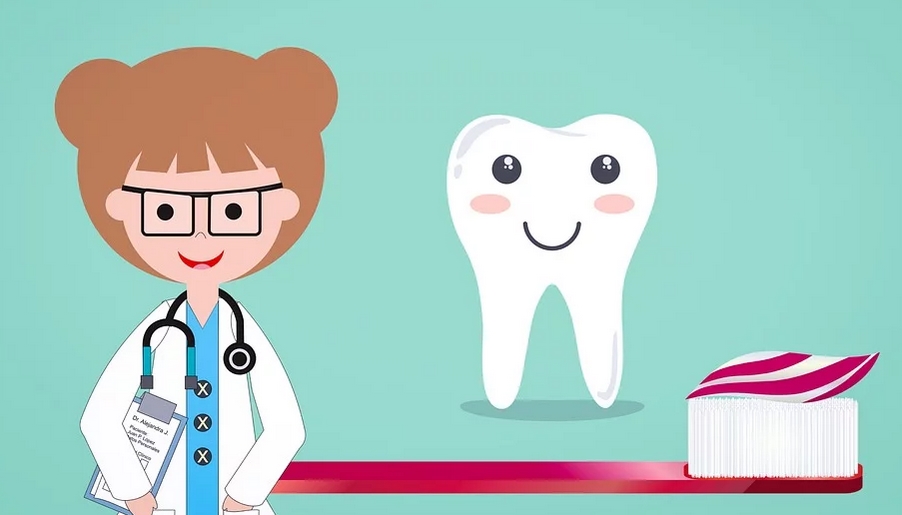Your teeth contribute to your facial appearance significantly. Losing a tooth can be frustrating, as it affects your whole personality. With proper care, your teeth and gums may stay healthy throughout your life. The healthier your gums and teeth are, the less risk you have for tooth loss and gum disease.
A dentist can offer you some treatments to keep your teeth healthy, including advice on proper eating and hygiene habits, and performing dental checkups regularly.
Brushing
Brush your teeth at least twice a day, especially after a meal. Brushing removes plaque, which can accumulate between your teeth. Plate, when combined with food particles, can produce acids that may damage your tooth. Use fluoride toothpaste and a soft-bristled toothbrush to avoid damaging your gums. Try using only the best electric toothbrushes for more efficient brushing. Elderly members in the family or kids need them the most since they may not be able to use regular toothbrushes properly.
Avoid harsh scrubbing, as this can irritate your gums and may result in gum bleeding. Good oral hygiene also involves replacing your toothbrush regularly. Invest in a new toothbrush every two months, or as soon as your current brush’s bristles start to wear out.
Proper Eating
Eat less food rich in sugars and starches. These foods produce acids in your mouth that can damage your teeth. Snacking on sugary foods such as candies, cookies, chewing gum, and cakes can lead to tooth decay People who do not brush after eating their meals are more prone to tooth decay. Once you drink or eat, your mouth generates acids that weaken your tooth enamel.
Flossing
Dental clinics also suggest that you floss regularly. You cannot reach those tight spaces between your teeth with just a toothbrush. That is why regular flossing is important. Floss once a day, as it gets rid of food and plaque between your teeth. Failing to remove plaque from between your teeth allows it to harden into tartar, which requires a professional to remove.
Visit your Dentist Regularly
Conduct regular dental checkups at least six months. Contact your dentist if you notice any signs or symptoms of dental problems. Scheduling regular checkups and professional cleanings are important. This may help you maintain good oral hygiene. Early detection and treatment of challenges may ensure a lifetime of good oral health.

